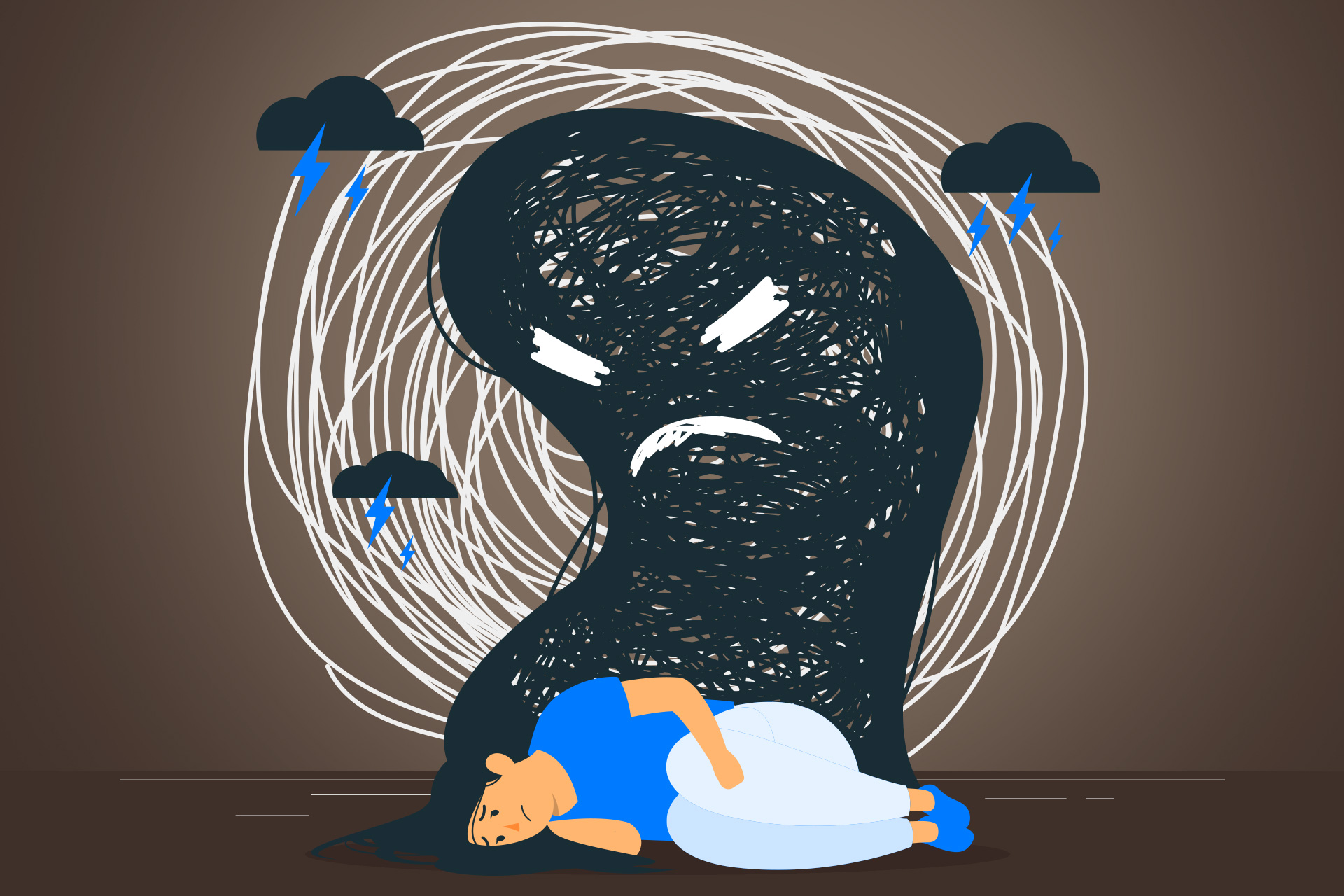
Most of us can tell when our mood starts slipping – whether it’s when insomnia creeps in or when feelings of agitation, anxiety or sadness increases. Some people also experience fatigue, appetite changes, a lack of desire to socialise or a loss of interest in activities they’ve previously enjoyed. Should these feelings happen regularly, it can lead to a mood disorder known as “depression.” It can present itself as mild and temporary in some people or be severe and ongoing, in others.
Depression may not only arise from stressful events in our lives but can also happen if there is a family history of depression or early childhood trauma, a chemical imbalance in the brain or a change in hormone levels (for e.g. post-partum). Substance abuse, people who experience high levels of physical pain or who have a chronic illness, are all factors that predispose someone to depression. Certain thyroid problems or a Vitamin D deficiency has also been known to trigger depression.
Depression can affect every aspect of a person’s life, seriously impacting physical health, happiness and productivity.
But can we prevent the onset of it?
Depression is not considered preventable but once you experience a depressive episode, it could be easier to prevent another one, by making certain lifestyle and mind-set changes. Here are a few:
